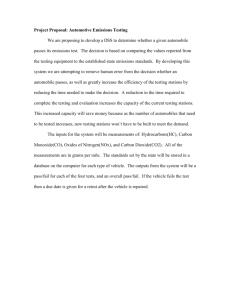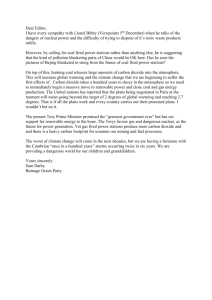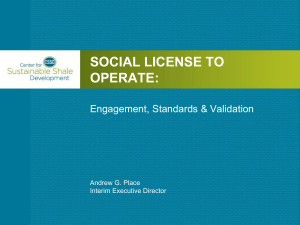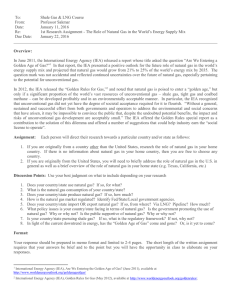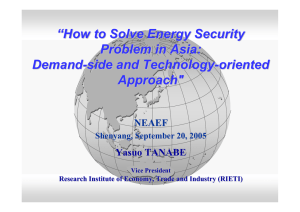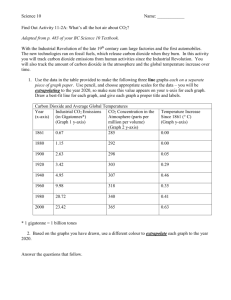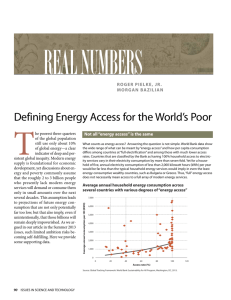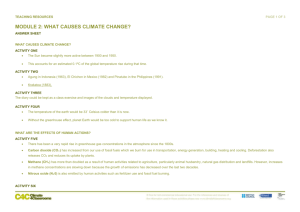G8 LEADERS AGREE DEAL TO CLEAN UP FOSSIL FUELS
advertisement
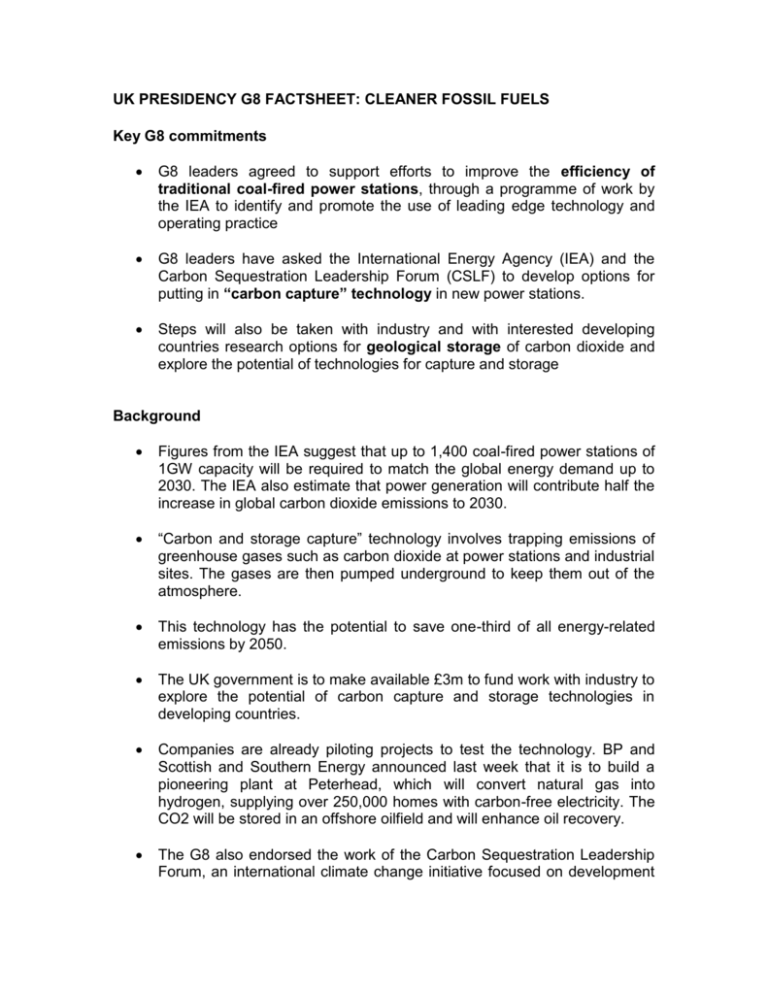
UK PRESIDENCY G8 FACTSHEET: CLEANER FOSSIL FUELS Key G8 commitments G8 leaders agreed to support efforts to improve the efficiency of traditional coal-fired power stations, through a programme of work by the IEA to identify and promote the use of leading edge technology and operating practice G8 leaders have asked the International Energy Agency (IEA) and the Carbon Sequestration Leadership Forum (CSLF) to develop options for putting in “carbon capture” technology in new power stations. Steps will also be taken with industry and with interested developing countries research options for geological storage of carbon dioxide and explore the potential of technologies for capture and storage Background Figures from the IEA suggest that up to 1,400 coal-fired power stations of 1GW capacity will be required to match the global energy demand up to 2030. The IEA also estimate that power generation will contribute half the increase in global carbon dioxide emissions to 2030. “Carbon and storage capture” technology involves trapping emissions of greenhouse gases such as carbon dioxide at power stations and industrial sites. The gases are then pumped underground to keep them out of the atmosphere. This technology has the potential to save one-third of all energy-related emissions by 2050. The UK government is to make available £3m to fund work with industry to explore the potential of carbon capture and storage technologies in developing countries. Companies are already piloting projects to test the technology. BP and Scottish and Southern Energy announced last week that it is to build a pioneering plant at Peterhead, which will convert natural gas into hydrogen, supplying over 250,000 homes with carbon-free electricity. The CO2 will be stored in an offshore oilfield and will enhance oil recovery. The G8 also endorsed the work of the Carbon Sequestration Leadership Forum, an international climate change initiative focused on development of improved cost-effective technologies for the separation and capture of carbon dioxide for its transport and long-term safe storage.

